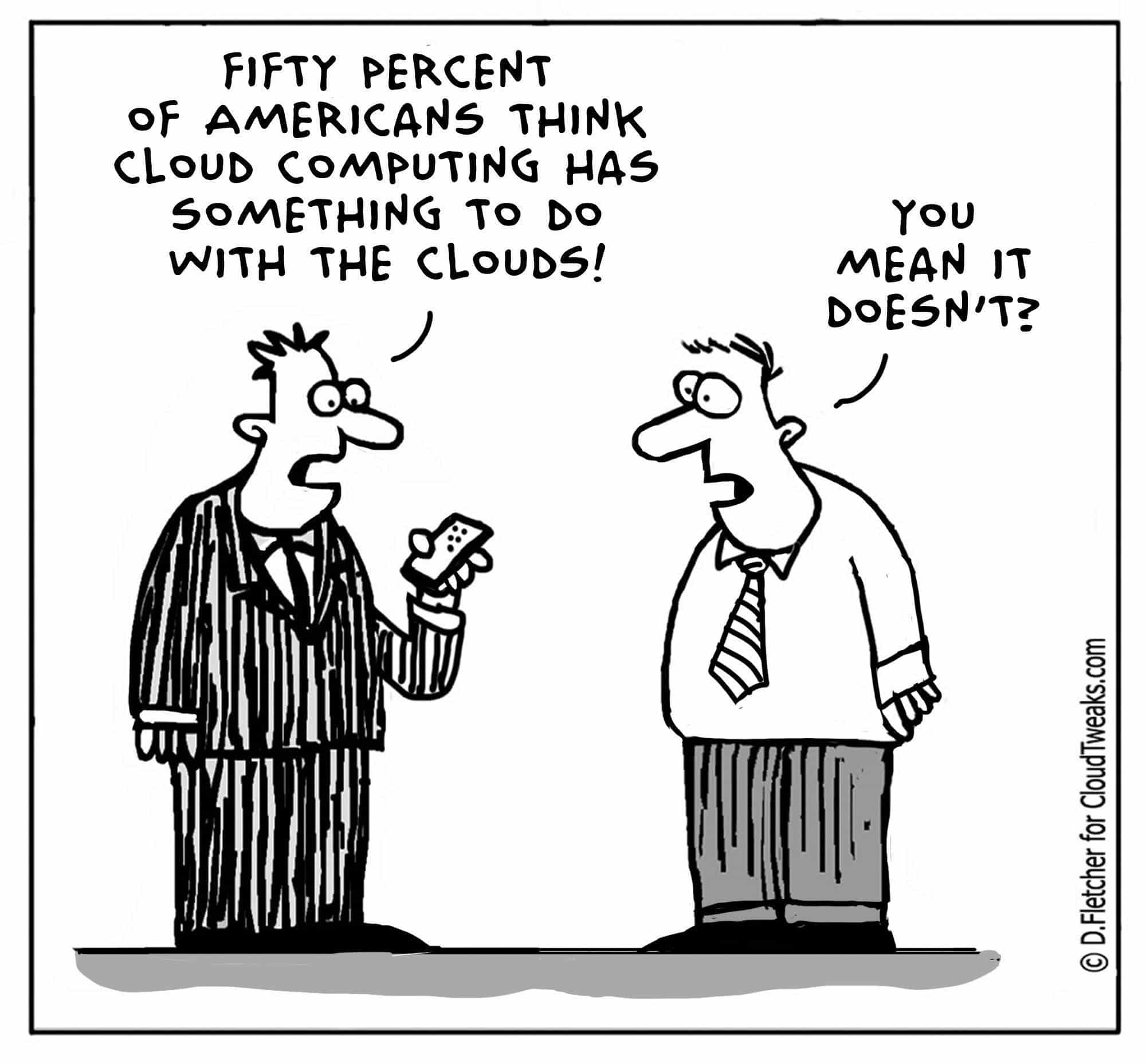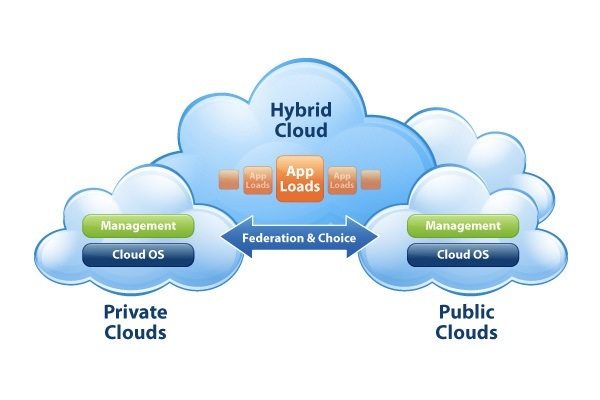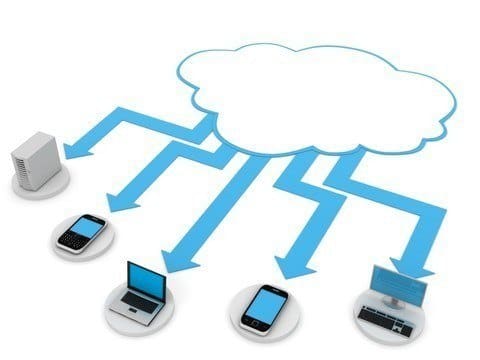Having all of your personal, or business files on your computers hard drive takes up a lot of space. Most people run out of their computers hard drive space eventually. One option is to set up your own network, but that is difficult and time consuming. Migrating your files to a secure cloud based service is the wave of the future.
When you take part in cloud network migration, you’re migrating your files from your computer, onto a cloud. A cloud is a server center where files are stored, processed, and shared through, rather than a local network.
Why should you choose to use the cloud? First of all, it is much more convenient than having your own server in your work space or home. That can take up a lot of money, and space. When you use a cloud, you don’t have to host the network, and someone else monitors it for you. It takes the stress off of you, but still leaves you with the advantage of storing your files onto a network. If you were previously just using the hard drives in your office’s computers, then you know how hard it is to manage space. Hard drives only have so much space. Clouds have much more room to store data onto.
Some people are worried about clouds not being secure. This isn’t true. Clouds are just as secure as your very own network would be, and they’re often even more secure.
One thing you can do to minimize the chance of a hacker getting into your files is creating a password that is very hard to guess. Make it case sensitive, with numbers, and as long as you’d like. Remember, the harder the better, because it’s being used to protect your files.
Altogether, getting your files onto a cloud network can be very helpful. Clouds are just as secure as your own network, and it also takes the stress off of you to manage a network. Migrate your files to a cloud today!






